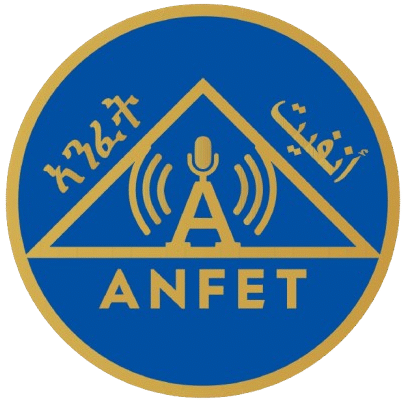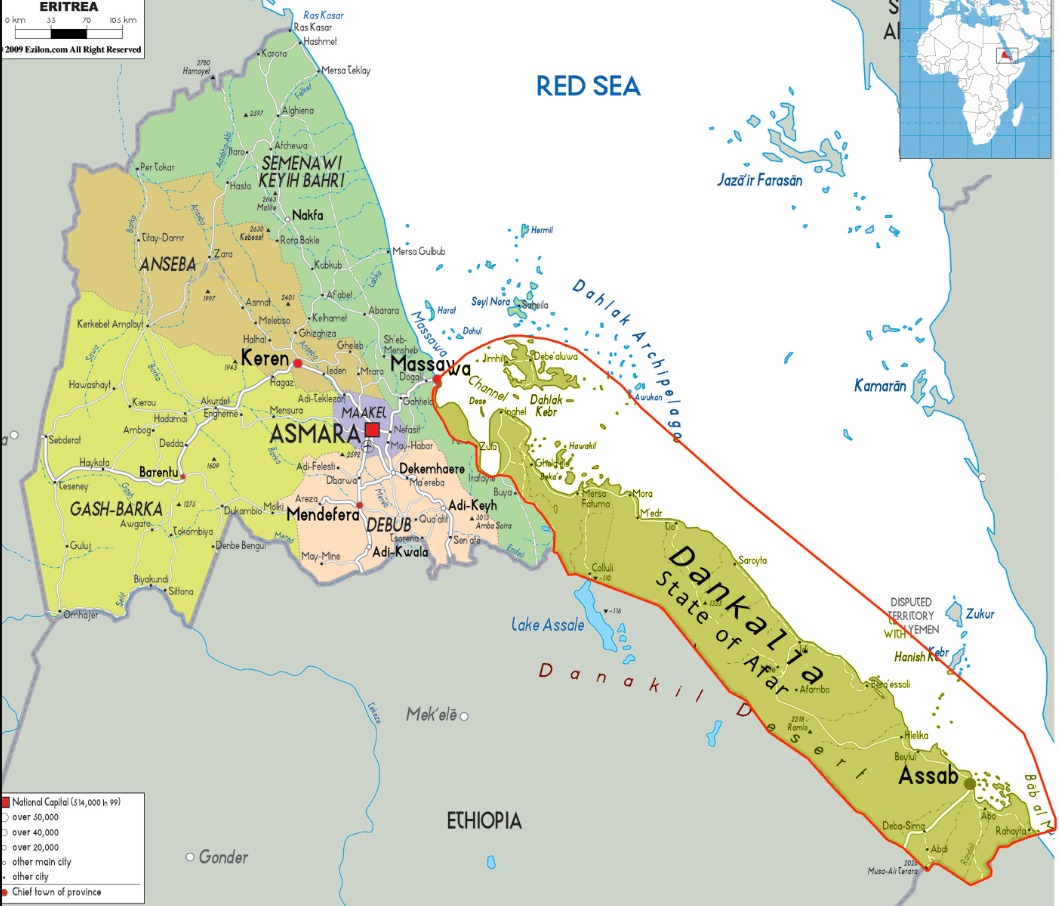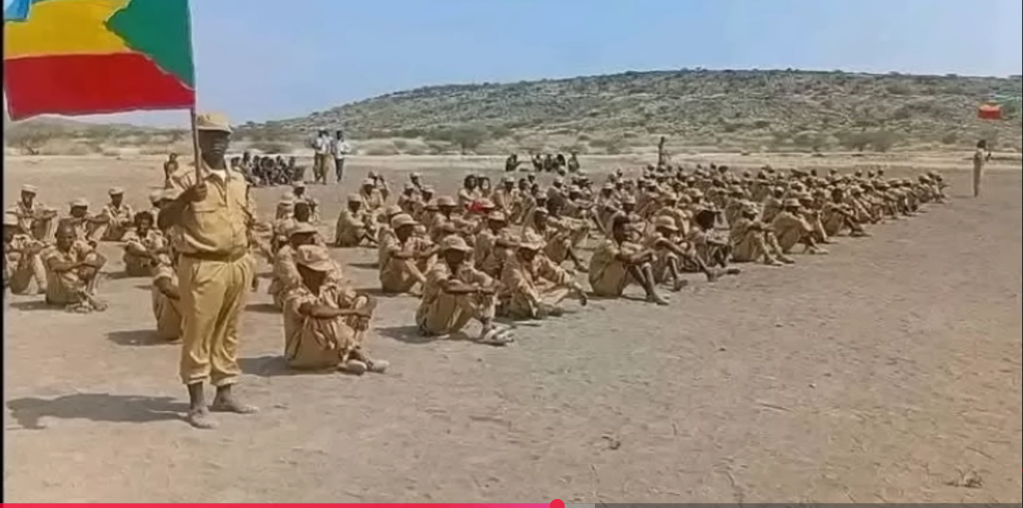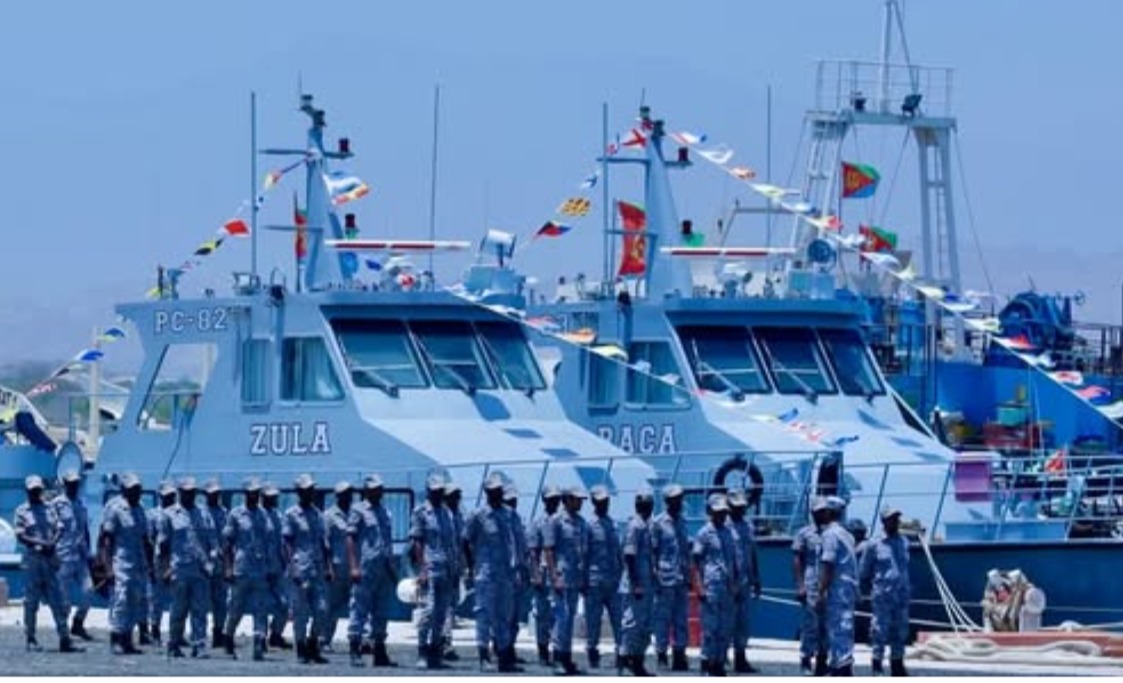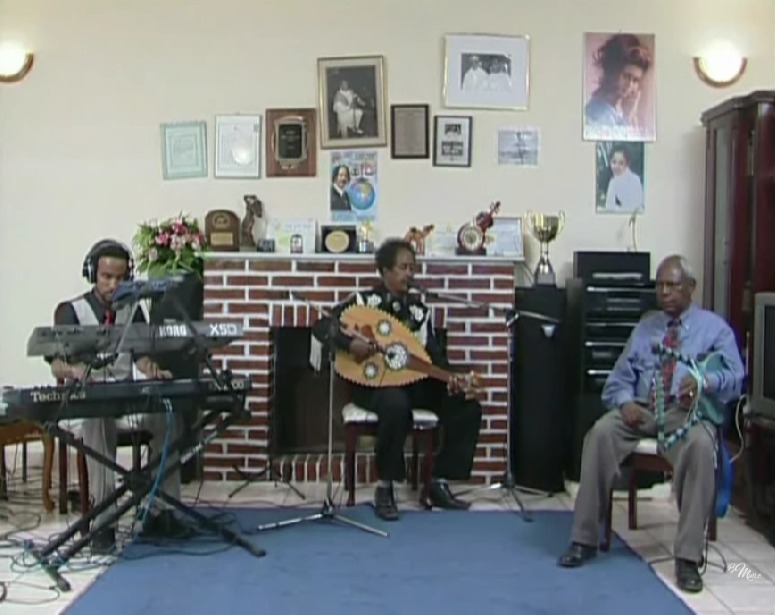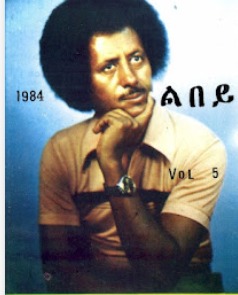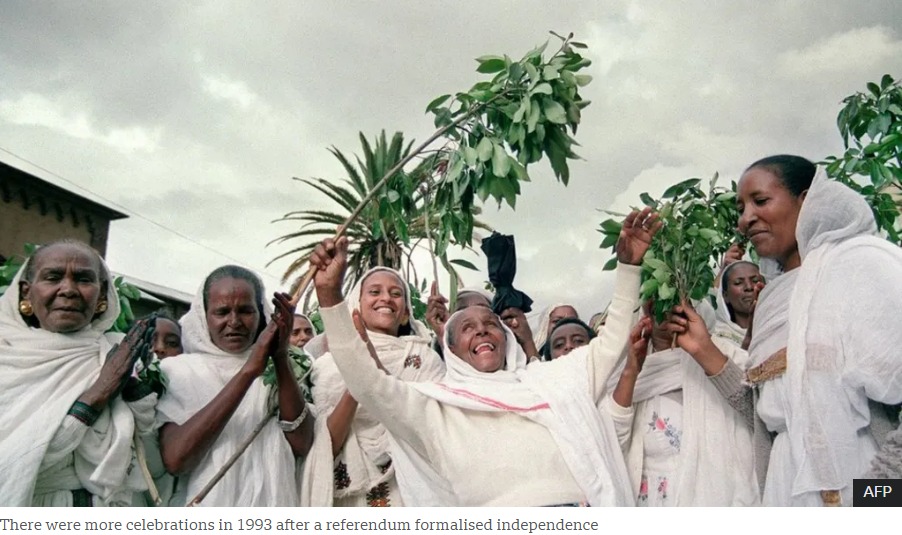
ANFET challenges the Eritrean government to officially recognize and respond to the EPF Declaration by mobilizing its members and supporters to sign the petition for Eritrea’s independence and sovereignty: 🔗 Defend Eritrea’s Independence, Sovereignty, and Territorial Integrity https://chng.it/THNzjLX7fj
Why the Eritrean Government Cannot Ignore This Petition
When the Provisional Government of Eritrea declared the PFDJ as the sole political party, it was able—through pressure and tactics—to register over 600,000 members, including many women and youth. The party claimed to stand for “democracy and justice,” values that should naturally align with defending independence and sovereignty.
Yet today, when the Declaration for Independence, Sovereignty, and Territorial Integrity has been issued by Eritrean Political Forces in the diaspora, the government has remained silent. This silence raises troubling questions:
Contradiction of Principles: If the PFDJ truly stands for democracy and justice, why would it not embrace a petition that reinforces Eritrea’s independence and sovereignty — the very foundation of its legitimacy?
Fear of Shared Ownership: By refusing to endorse the petition, the government signals that it does not want Eritrean sovereignty to be seen as a collective national project, but rather as something monopolized under its control.
Doubts About Commitment: If the government cannot even encourage its own members to sign a petition defending independence, how serious is it about protecting that independence in practice?
Avoidance of Accountability: Signing the petition would commit the government to measurable responsibility before the Eritrean people and the international community. Its reluctance suggests a fear of being held accountable.
Failure on Border Demarcation: Most urgently, the government has failed to prioritize the final and binding border demarcation with Ethiopia. Without immediate action, Ethiopia’s incremental advances risk becoming normalized facts on the ground. The petition is not only about principle — it is about ensuring Eritrea’s internationally recognized borders are defended in practice.
Silence on the Global Stage: At the 80th Session of the UN General Assembly, Foreign Minister Osman Saleh failed to mention Ethiopia’s campaign for Red Sea access — a direct threat to Eritrea’s maritime sovereignty. Nor did he appeal to the UN to defend Eritrea’s territorial integrity or condemn Ethiopia’s encroachment. Even more telling, he did not recognize the State of Palestine, a symbolic act of solidarity with global struggles for self-determination. These omissions raise a deeper question: Does the government truly prioritize Eritrean sovereign rights, or has it abandoned the diplomatic tools needed to defend them?
Missed Opportunity for Legitimacy
The petition is not an attack on the government — it is a reinforcement of Eritrea’s sovereignty. Had the PFDJ embraced it, the move could have been presented as a great boost to its campaign for legitimacy, both domestically and internationally. Instead, its hesitation casts doubt on whether it truly prioritizes independence more than anything else.
By failing to act decisively on the border demarcation issue — and by remaining silent at the UN on Ethiopia’s Red Sea ambitions — the government undermines its own credibility. Eritrea’s sovereignty cannot be defended in speeches alone. It must be anchored in internationally recognized borders, legally demarcated and enforced.
A Historical Warning
Historian E. Hagai, during his summer 1999 presentation as a visiting professor at San Diego State University — at the very moment when the Ethiopian army entered Bimbina and reversed the course of the war — warned of a deeper danger: that a century-long design could one day result in Eritrea losing its independence again to Ethiopia.
This warning must not be ignored. The EPF Declaration Petition is a safeguard against such a future, and the border demarcation is the frontline defense against creeping reoccupation.
Appeal to the International Community
The international community cannot remain indifferent. Eritrea’s independence was achieved at great cost and recognized through international agreements, including the Algiers Agreement and the final and binding ruling of the Eritrea–Ethiopia Boundary Commission (EEBC).
Unfinished Demarcation: The government’s failure to finalize border demarcation leaves Eritrea vulnerable to incremental encroachment. This is not only a national issue — it is a breach of international law and a threat to regional stability.
Regional Security: Ethiopia’s advances, if left unchecked, risk reigniting conflict in the Horn of Africa. The absence of clear, enforced borders creates fertile ground for instability.
International Responsibility: The UN, AU, EU, and guarantors of the Algiers Agreement must press both Eritrea and Ethiopia to respect and implement the EEBC ruling without delay.
Credibility of Sovereignty: Eritrea’s credibility as a sovereign state depends on its borders being respected and enforced. The government’s silence — both in domestic policy and on the UN stage — undermines its standing in the international community.
We therefore call on international actors to:
Urge the Eritrean government to prioritize border demarcation as a matter of national survival.
Hold Ethiopia accountable for any advances beyond the EEBC ruling.
Recognize the EPF Declaration Petition as a legitimate expression of Eritrean civic will.
Call to Action
Our orientation to petition-signing protocols may be new, and it is not surprising that only a few have signed so far. But this hesitation reflects a cultural weakness — waiting for a majority before acting — when in fact decisive individual action is what builds momentum.
We cannot afford complacency. The signs of a reoccupation conspiracy may already be unfolding. Silence or delay only strengthens it.
Every Eritrean voice matters.
Every signature is a stand for sovereignty.
Every demand for border demarcation is a shield against encroachment.
Let us act — not later, not together, but now.
